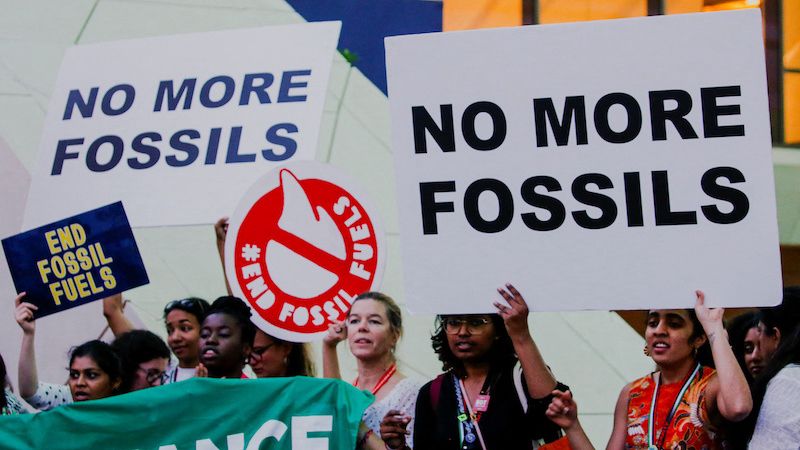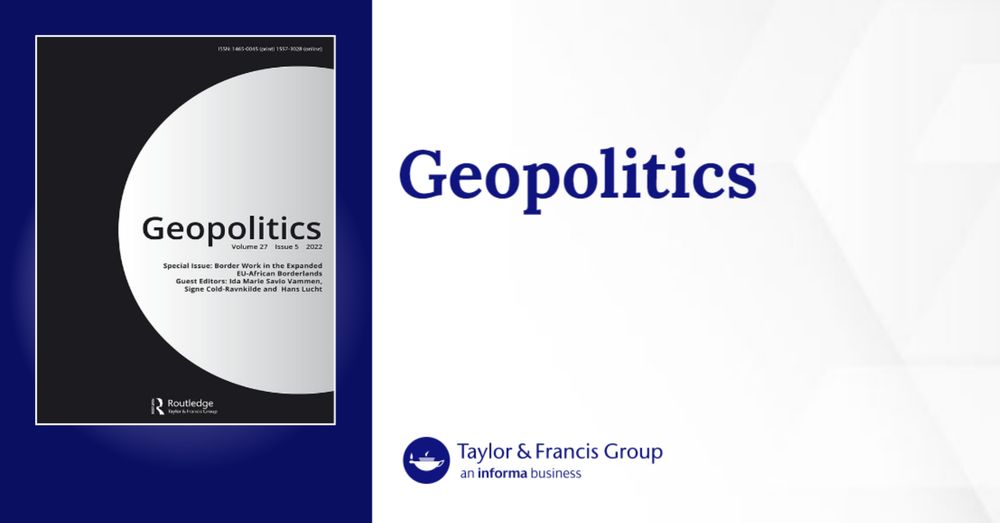SUS-POL
@suspol.bsky.social
670 followers
2.7K following
72 posts
The SUS-POL research programme at the University of Sussex is exploring a radical new approach to climate governance: one that centres fossil fuel production.
For more info, visit: https://www.sussex.ac.uk/research/projects/sus-pol/about
Posts
Media
Videos
Starter Packs
Reposted by SUS-POL
Peter Newell
@peternewell.bsky.social
· Aug 29

Radical Reform of the International Investment Treaty Regime: A Role for Climate Clubs?
There is growing concern that provisions in international investment treaties are being used to delay the critically needed transition away from fossil fuels. Although various procedural and substant...
onlinelibrary.wiley.com
SUS-POL
@suspol.bsky.social
· Aug 5
SUS-POL
@suspol.bsky.social
· Aug 5
SUS-POL
@suspol.bsky.social
· Aug 5
SUS-POL
@suspol.bsky.social
· Aug 5
SUS-POL
@suspol.bsky.social
· Aug 5
SUS-POL
@suspol.bsky.social
· Aug 5
SUS-POL
@suspol.bsky.social
· Aug 5
Reposted by SUS-POL
Reposted by SUS-POL
Reposted by SUS-POL
Reposted by SUS-POL
Reposted by SUS-POL
SUS-POL
@suspol.bsky.social
· Jul 22
SUS-POL
@suspol.bsky.social
· Jul 22
SUS-POL
@suspol.bsky.social
· Jul 22
SUS-POL
@suspol.bsky.social
· Jul 22
SUS-POL
@suspol.bsky.social
· Jul 22
SUS-POL
@suspol.bsky.social
· Jun 19

What could a Fossil Fuel Non-Proliferation Treaty look like?
As climate negotiations get underway in Bonn, an initiative set up to work on a pact against fossil fuels is discussing its structure and ways to promote the phase-out of coal, oil and gas
www.climatechangenews.com
Reposted by SUS-POL
Peter Newell
@peternewell.bsky.social
· Jun 17

What could a Fossil Fuel Non-Proliferation Treaty look like?
As climate negotiations get underway in Bonn, an initiative set up to work on a pact against fossil fuels is discussing its structure and ways to promote the phase-out of coal, oil and gas
www.climatechangenews.com
Reposted by SUS-POL
Lukas Slothuus
@lslothuus.bsky.social
· Jun 16

Who Should Phase Out Fossil Fuels First? A Geopolitical Approach to Determining the Sequencing of Fossil Fuel Phaseouts
Fossil fuel production must be phased out globally to decarbonise human society. Yet some countries should phase out sooner than others. Determining the order in which countries should phase out pr...
www.tandfonline.com







